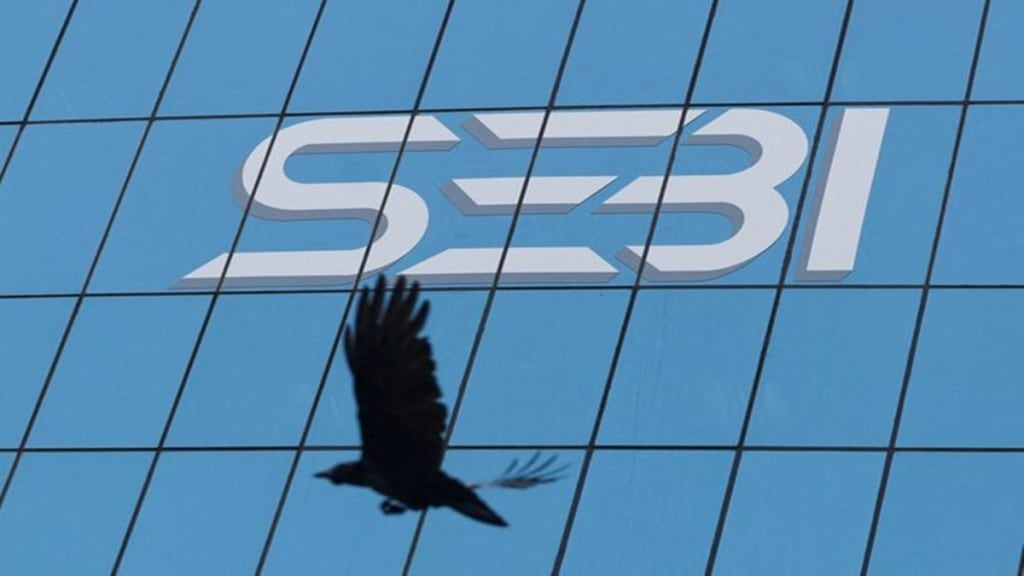By Nesil Staney
The index options strategies of Jane Street, the global algo trading giant, are the main focus of the investigations being carried out by the Securities and Exchange Board of India (SEBI), said sources. The probe is based on complaints from institutional investors.
Headquartered in New York City, Jane Street is a quantitative trading firm and market maker, known for its sophisticated algorithmic trading strategies. It entered the Indian market in March 2020.
One such algo strategy caused sharp reversals in index option prices after Jane Street had taken positions. “It misled other investors to profit from induced volatility and price reversals,” said a hedge fund manager, adding that at least nine institutional investors had written to SEBI on this matter.
The market regulator’s probe extends to activities of JSI Investments, Jane’s India business and Jane Street Singapore. The latter is also actively involved in India’s F&O markets and uses similar strategies.
In January 2025, the National Stock Exchange (NSE) launched an investigation into Jane Street’s derivatives trades. It cited ‘irregular activity’ by Jane Street in ‘rapid reversals’ and raised concerns about potential market manipulation. Nuwama, the compliance partner for JSI, appealed that there was no human intervention or malafide intent as trades were driven by algorithm. Satisfied with the reply, the NSE closed the probe on April 30.
Earlier this month, SEBI initiated fresh investigation into Jane’s derivatives trades. The conflict between innovations in trading and market integrity has become a cause for concern for global market regulators.
India is world’s largest derivative market in terms of the number of contracts. SEBI has said 93% of retail traders in India incurred losses.
Jane Street and JSI came into the limelight in 2023 during a New York court battle with $72-billion hedge fund Millennium Management on a ‘stolen strategy’ designed exclusively for India. The lawsuit revealed Jane earned $1 billion in 2023 from trading in India. Globally, it generated $10.6 billion in net revenue in that year.
In 2024, Jane’s India revenues more than doubled to $2.3 billion, primarily from trading options. Its global revenues crossed $20 billion, beating Wall Street titans Citigroup and Bank of America.
Jane Street’s algorithmic and technology-driven approach, combined with the ability to deploy its own capital independently of banking regulations, likely gave the firm a competitive edge in India, where it mostly makes directional trades. India is one of the 18 countries in which Jane Street holds more than a 2% market share in derivatives volume, a recent Bloomberg report said.
Jane trades across equities, exchange-traded funds, currencies, derivatives and bonds. Its employees earned an average compensation of $1.39 million each, nearly four times that of Goldman Sachs.

